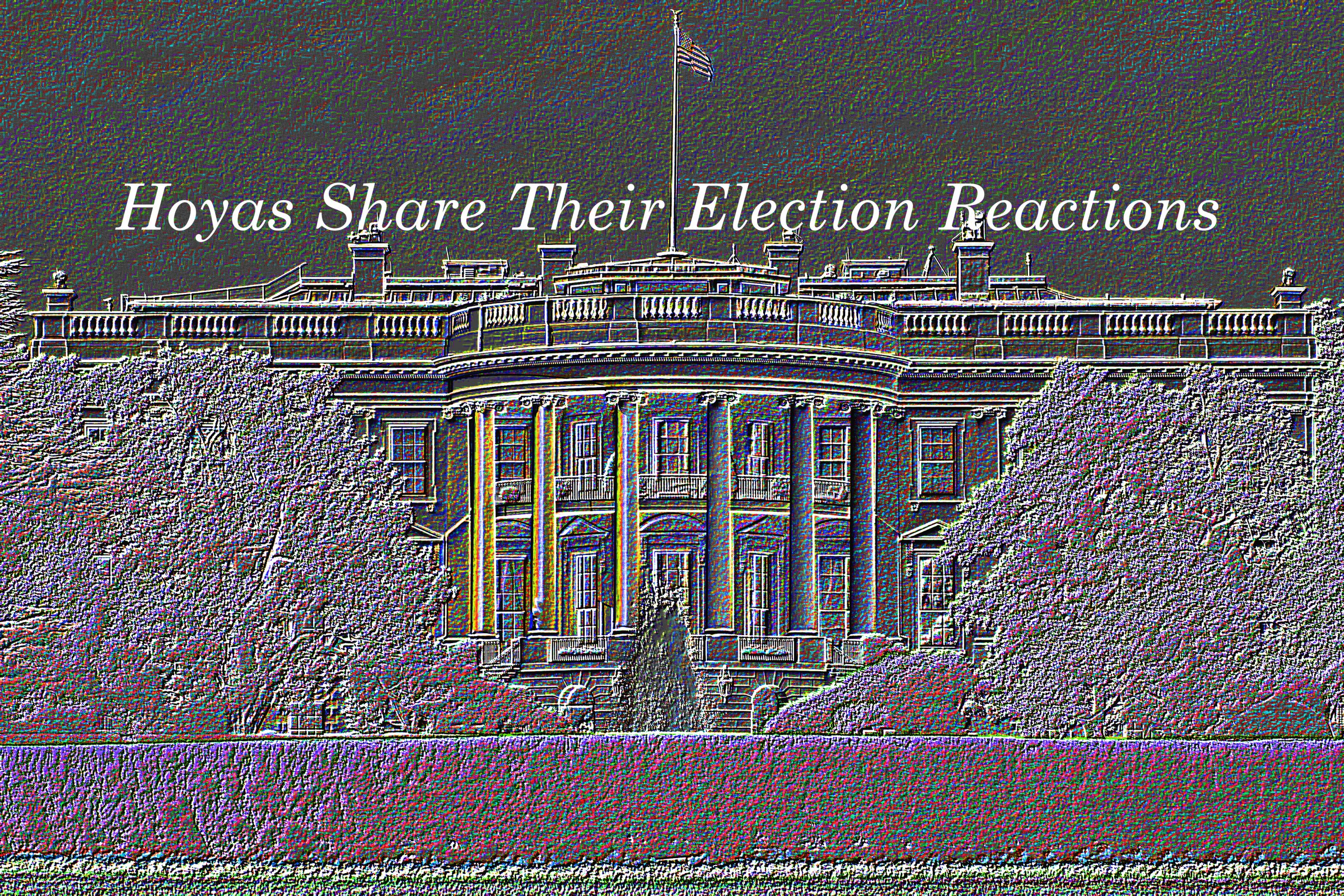On Friday, Nov. 18, I took a walk. Starting in Red Square, I strolled down O, made a right on Wisconsin, left on M, slight right on Pennsylvania, and then slight left on L. All the way I chanted slogans like “Climate change affects us all!”, “Who’s planet? Our planet!”, and “This is what democracy looks like!” But by doing this, I myself changed nothing.
While I may have achieved nothing, the walk I took was impactful nonetheless. It was part of an organized protest, and therefore hundreds of other people convened, taking that same walk, shouting the same chants, all at the same time as I was. Through this coordination, similar protests elsewhere, and rising public awareness, the appointment of climate change denier Myron Ebell as leader of the EPA could be stopped.
No individual anything will ever, on its own, change anything. CEOs couldn’t affect change, wouldn’t even have a job themselves, without the workers under them. The president is fully beholden to his aides, as well as the congress, courts, and bureaucrats (and many more). Every protest ever wouldn’t exist without the conscious decision of its participants to be present.
There’s this romanticized notion of one determined individual or actor effecting massive change on a particular element of our world. Yes, there really are individuals without whom our reality would be far different. I don’t deny that without Martin Luther King Jr., for example, the Civil Rights Movement would have been far different and likely less effective. When you examine cases like this more closely, however, it becomes clear that without the work of hundreds, thousands, millions, any influential actor’s efforts would be futile. People working in tandem effect change. Individuals, working fully alone, do not. Nor could they.
Many are rightfully upset about the election. Many feel they ought to do something to preserve and promote the cause, value, or issue they believe is threatened by the impending Trump administration. If you consider yourself in this camp, act on this sentiment. Again, you will not be the sole mover of change; I promise you won’t be ‘the one’ to save us from societal problems or threats you see in the Trump administration. But never let this discourage you. If you feel impassioned about something, join the forces of change. By doing so you become an instigator of change, and you become part of that trend. Do nothing and you are simply a bystander of a problem for which you could be a part of the solution.
Living in a democracy, Americans have outlets for which we can effect change. Similar to how real change unfolds, the democratic process necessitates coordinated action by many, all with a common desired outcome. Not only is the notion of one person creating massive comprehensive change fully unrealistic, untrue, and mythical, it is fundamentally undemocratic. Thus both the reality of how change unfolds and the very principles underlying democracy both require as widespread participation as necessary to achieve particular outcomes. Never forget that we live in a democracy. Never forget how real change occurs. Act on the sentiments you feel regarding what our country looks like now and how it will look over the next four years. Go to protests, call your senators and congressional representatives (I cannot stress this enough). Go to their offices and voice your opinions. Vote, not just in national elections, but with every single chance you get to express who you want in office. Post on social media, join groups that effect change in the ways you desire: do not forgo any opportunity you have to promote an outcome you seek.
As Georgetown students, we are in a particularly conducive environment to promote change. Our fundamental job is to think and to learn. So think about how you would prefer events to unfold, and if you feel passionate about such desires, act on them. In addition, learn as much as you can. Read from a variety of sources. Avoid the echo chambers. Hear out in full what different-minded people have to say, and give them credit for valid points they raise. At the very least this will strengthen your argument for your own stance. At most you may reevaluate your beliefs to include viewpoints you may never have previously considered.
When you are presented with ways by which you can express your ideas, do not hesitate. You are a potentially integral part of any movement for change.
Emma Watson, on the issue of gender equality, challenged people to act by asking themselves, “If not me, who? If not now, when?” This applies to any movement for change, especially in democracies. If you are dissatisfied, act.
Matt is a sophomore in the College.



